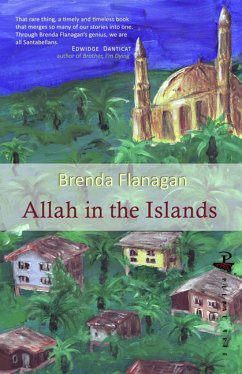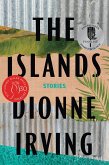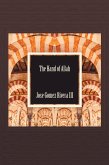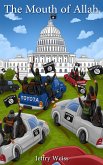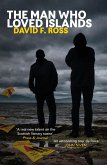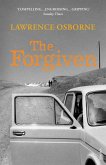Brenda Flanagan is a professor of English at Davidson College, where she teaches journalism and creative writing. She frequently serves as a cultural ambassador for the U.S. Department of State, with recent visits to Kuwait, Libya, Morocco, Tunisia, Kazakhstan, Turkmenistan, Chad, Panama, and India. She is the author of the novel "You Alone Are Dancing." She lives in Davidson, North Carolina.
Dieser Download kann aus rechtlichen Gründen nur mit Rechnungsadresse in A, B, BG, CY, CZ, D, DK, EW, E, FIN, F, GR, H, IRL, I, LT, L, LR, M, NL, PL, P, R, S, SLO, SK ausgeliefert werden.
Hinweis: Dieser Artikel kann nur an eine deutsche Lieferadresse ausgeliefert werden.

